-79%
Minimally Invasive Facial Rejuvenation: Transforming Surgical Approaches
In the realm of facial rejuvenation, the advent of minimally invasive techniques has ignited a paradigm shift, prompting surgeons to re-evaluate their traditional approaches. This comprehensive examination delves into the clinical and surgical advancements presented in Facial Plastic Surgery Clinics, exploring the increasing popularity of these less invasive procedures and their impact on surgical practices.
Non-Surgical vs. Surgical: A Comparative Analysis
This article meticulously compares minimally invasive techniques with their more invasive surgical counterparts, providing a balanced and evidence-based assessment. Leading facial plastic surgeons lend their expertise, sharing their experiences and insights into long-term results, surgical techniques, potential complications, contraindications, recovery time, and patient selection criteria.
Endoscopic vs. Coronal Brow Lift
The endoscopic brow lift emerges as an alternative to the traditional coronal brow lift. This technique involves making small incisions in the scalp, through which an endoscope is inserted to release and reposition the underlying tissues. The endoscopic approach offers reduced scarring, less downtime, and a shorter recovery period compared to the coronal brow lift.
Necklifts vs. Cervical Skin Tightening Devices
Necklifts have long been the gold standard for addressing sagging skin and muscles in the neck area. However, advancements in non-surgical technologies have introduced cervical skin tightening devices as a less invasive option. These devices use radiofrequency energy or ultrasound to stimulate collagen production, promoting skin tightening and wrinkle reduction.
Facial Fillers vs. Facial Implants
Facial fillers, such as hyaluronic acid and collagen, have gained significant popularity as a minimally invasive way to enhance facial contours and diminish wrinkles. They are injected into specific areas of the face to plump up tissues and restore volume. In contrast, facial implants are surgical devices that are inserted beneath the skin to provide a more permanent augmentation effect.
Fractional vs. Ablative CO2 Resurfacing
Fractional and ablative CO2 resurfacing are both laser treatments used to rejuvenate the skin. Fractional resurfacing involves creating microscopic columns of damage to the skin, while ablative resurfacing removes the entire top layer of the skin. Fractional resurfacing offers a shorter recovery time and less downtime compared to ablative resurfacing, but it may require multiple treatments to achieve desired results.
Rhinoplasty vs. Fillers
Rhinoplasty, or surgical nose reshaping, has traditionally been the primary option for addressing nasal deformities. However, fillers can now be used to subtly enhance the shape of the nose, providing a more non-invasive alternative to surgery. Fillers can be injected into the bridge, tip, or other areas of the nose to correct minor imperfections and improve facial harmony.
Conclusion
The increasing use of minimally invasive facial rejuvenation techniques is transforming the practices of facial plastic surgeons. These procedures offer numerous advantages, including reduced downtime, less scarring, and lower risks compared to traditional surgical approaches. As technology continues to advance, the boundaries between non-surgical and surgical facial rejuvenation will continue to blur, providing patients with a wider range of options to address their aesthetic concerns.

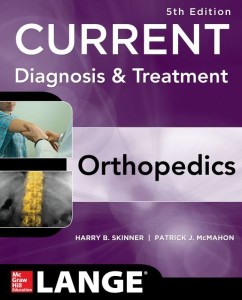
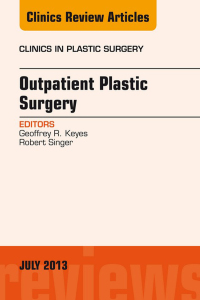
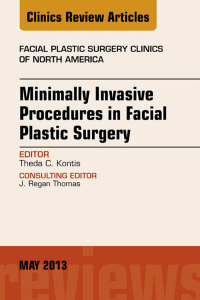
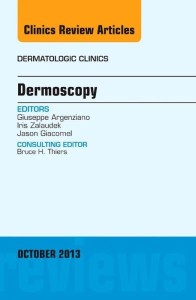
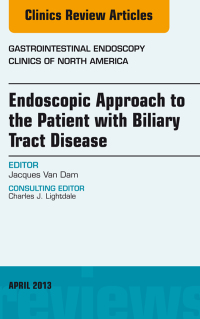

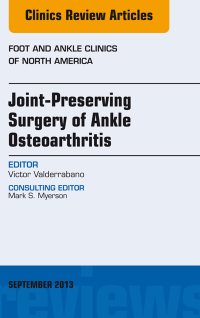
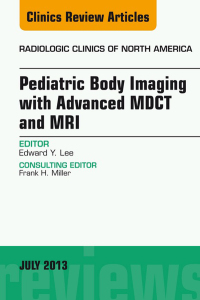
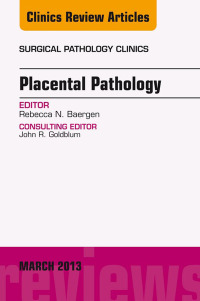
Reviews
Clear filtersThere are no reviews yet.